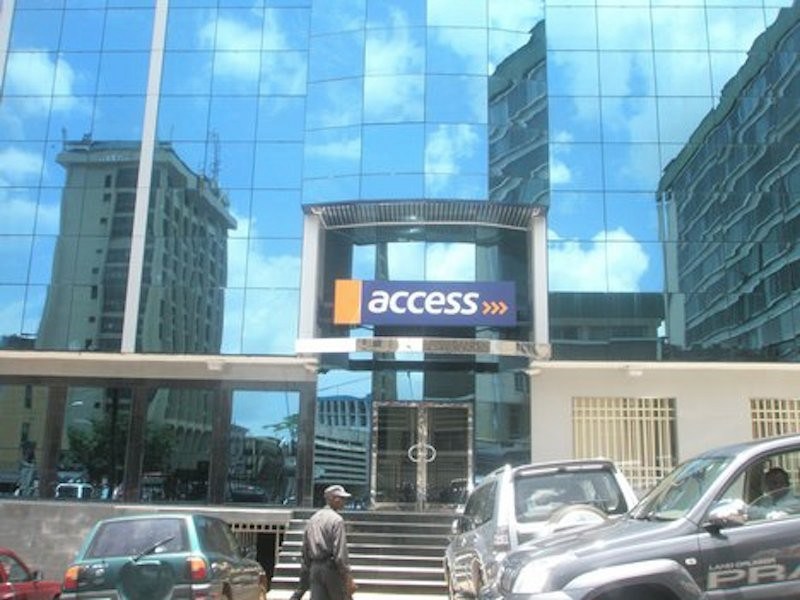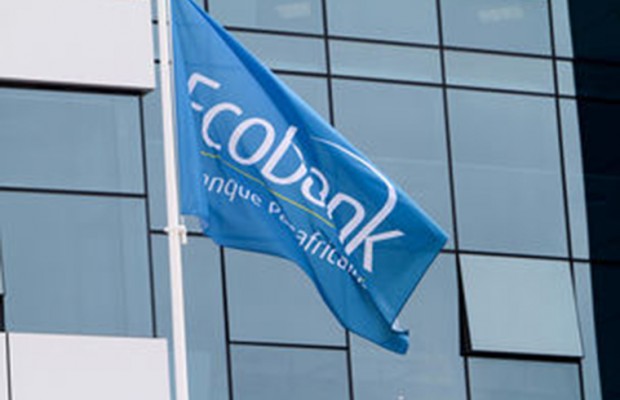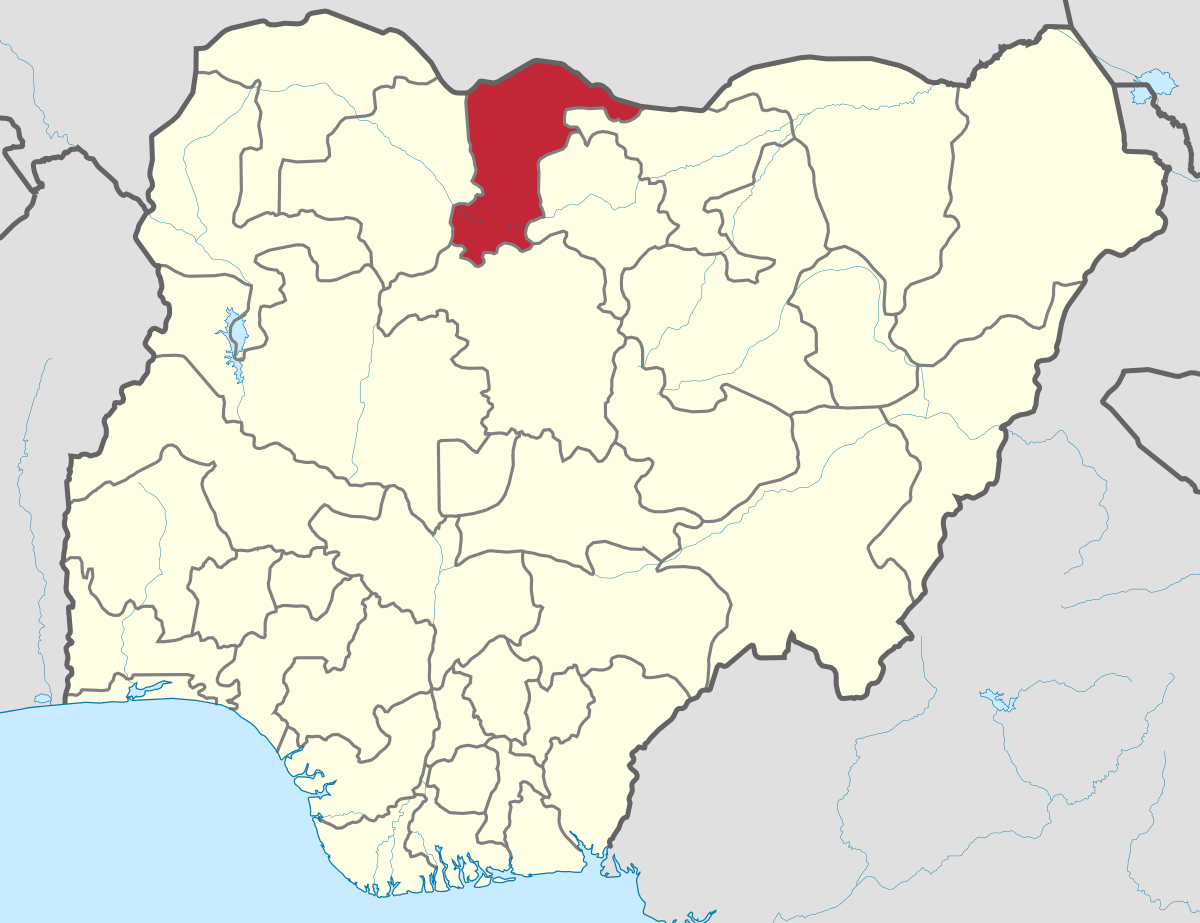Banking
Access Bank Q3-17: Declines in Loan Loss Provision, Opex Supported PAT Growth

Access Bank Plc (ACCESS) yesterday released its Q3-17 results, wherein gross earnings (9.31% q/q and 18.26% y/y, in line with our estimate) came in lower relative to Q2-17.
This follows lacklustre performance across income lines-interest income grew lower than expected (1.69% q/q and 21.84% y/y, 4.32% below our estimate) and non-interest income declined 28.25% q/q (+10.35% y/y), 11.37% above our estimate.
However, following significant declines in loan loss provision and opex, PBT (+0.12% q/q and -5.08 y/y – 7.63% below our estimate) grew marginally, while PAT (26.04% q/q and -3.81% y/y – 9.28% below our estimate) grew double-digit, supported by a lower effective tax rate during the quarter.
The marginal q/q growth in interest income during the period was driven by 6.35% q/q (+13.22% y/y) decline in interest on loans and advances, which muted the double-digit growth in interest earned on investment securities –available for sale (+31.84% q/q and 105.90% y/y), held for trading (+2.68% q/q and +152.26% y/y), and held for maturity (+25.54% q/q and +1.73% y/y) – thus supporting a slight expansion in assets yield by 3 bps y/y to 10.35%.
Accordingly, net interest margin expanded 10 bps y/y to 5.51%, despite a more-than-expected growth in interest expense (7.735 q/q and 46.91% y/y – 11.78% above our estimate), driven by the elevated interest charges on customers deposit (12.24% q/q), and borrowings – debt securities issue (+4.97% q/q) and other borrowed funds (+304.72% q/q) – reflecting the impact of the premium on the USD112 million refinancing of its Eurobond and an additional N59 billion commercial paper issued in H1-17.
The steep contraction in NIR stemmed from significant declines in fixed income securities and derivative instruments trading, the cumulative impact of which masked the 36.85% q/q growth in foreign exchange trading income and marginal growth in fee income.
On the positive, total opex declined (17.82% q/q and +6.74% y/y, in line with our estimate) in Q3-17, following significant contraction in operating expenses (29.03% q/q and +6.74% y/y), which subdued growth in personnel expenses (8.18% q/q and 13.52% y/y) and depreciation and amortization (10.56% q/q and 24.94% y/y).
Overall, over 9M-17, gross earnings grew double-digit (by 33.05%), in line with our estimate. While PBT grew marginally by 1.26%, PAT declined slightly by 1.23%. The impressive growth in gross earnings over the period broadly reflects robust interest income, on impressive yield on interest earning assets (+190bps to 12.92%), and the surge in foreign exchange trading income, which supported 27.91% growth in NIR. The bottom-line contraction was due to opex increasing by 34.49% y/y, with cost to income ration expanding 665 bps y/y to 64.32%.
Over 9M-17, asset quality deterioration persists, with NPL ratio rising 41 bps y/y to 2.51% (3 bps above the 2.48% in H1-17), while additional provisioning of N2.46 billion in Q3-17 pushed annualized cost of risk 40 bps y/y higher to 1.22%.
The provisioning came in below our estimate of N7.62 billion. Given the impressive PAT over Q3, we believe management is still on course to deliver its 2017F ROE guidance of 20.0% (vs. 17.4% in FY-16). While acknowledging the slow growth in interest income in Q3, we believe ACCESS is poised to outperform in 2017F, driven by (1) the significant growth reported in interest income and (2) foreign exchange trading gain booked in 9M-17. Based on our last TP of N12.06, we have a BUY recommendation on the stock.
Banking
Senate Seeks Stronger CBN Oversight in Fintech Regulation

By Adedapo Adesanya
The Senate has called for a strengthened regulatory framework that positions the Central Bank of Nigeria (CBN) at the centre of oversight of the country’s fast-growing fintech sector.
The recommendation was made by Chairman of the Senate Committee on Banking, Insurance, and Other Financial Institutions, Mr Adetokunbo Abiru, during a one-day public hearing at the National Assembly complex on Wednesday.
The event focused on the proposed amendment to the Banks and Other Financial Institutions Act (BOFIA) 2020 (SB. 959) and included an investigative session into fraudulent investment platforms, notably the recent Crypto Bullion Exchange (CBEX) incident.
Mr Abiru, who is a former Group Managing Director of Polaris Bank and Executive Director at First Bank Nigeria, emphasised that fintechs, including mobile money operators, digital lenders, payment platforms, and settlement companies, have become systemically important to Nigeria’s financial ecosystem.
While their growth has expanded financial inclusion, existing laws, he said, do not fully address the scale, data sensitivity, and systemic impact of these technology-driven institutions.
“The question has arisen as to whether a new standalone regulatory agency would be preferable for supervising fintechs,” Mr Abiru said.
“However, creating a separate agency would duplicate functions, fragment oversight, and increase bureaucratic costs. It is far more effective to strengthen the BOFIA framework, modernise CBN supervisory powers, and mandate coordination with key agencies such as the Securities and Exchange Commission, Nigerian Communications Commission, Corporate Affairs Commission, Federal Competition and Consumer Protection Commission, and the Office of the National Security Adviser,” he added.
The lawmaker proposed that the amendment should explicitly empower the CBN to designate qualifying fintechs as Systemically Important Institutions, establish a national registry for transparency and beneficial ownership disclosure, and strengthen risk-based supervision tailored to technology-driven financial services.
Beyond fintech regulation, the Senate intensified scrutiny on Ponzi schemes and fraudulent investment platforms.
Mr Abiru described the rising prevalence of such schemes as a threat to financial stability and public trust, citing the CBEX debacle, which reportedly caused severe financial losses to individuals across Nigeria, including professionals, traders, students, and retirees.
Banking
Zenith Bank Deepens Engagement Around Women’s Empowerment, Others

By Modupe Gbadeyanka
Monday, March 9, 2026, has been fixed by Zenith Bank Plc for its annual International Women’s Day seminar in Lagos.
The event is part of activities lined up to commemorate the 2026 International Women’s Day, themed Give to Gain.
The theme prepared for Zenith Bank’s programme is Take it, You Own it, and was designed to deepen meaningful engagement around women’s empowerment, leadership, and sustainable impact.
The workshop will include segments focused on leadership insight, professional empowerment, wellbeing, and collaboration, offering attendees opportunities to engage deeply with thought leadership and practical strategies for advancing equity.
With a carefully curated programme spanning keynote addresses, panel conversations, Q and A sessions, and creative interludes, Zenith Bank’s 2026 International Women’s Day Seminar promises to be a catalyst for meaningful action.
“International Women’s Day is a reminder that progress requires intentionality.
Give to Gain speaks to the responsibility institutions have to create real opportunities, while our theme, Take It, You Own It, challenges women to step forward boldly and lead.
“At Zenith Bank, we are deliberate about building environments where women are supported to grow, thrive, and shape outcomes, not only within our institution but across the communities and industries we serve,” the chief executive of Zenith Bank, Ms Adaora Umeoji, stated.
Over the years, the lender’s International Women’s Day initiatives have brought together women leaders, professionals, entrepreneurs, and emerging talents for dynamic dialogue, inspiration, and shared learning around gender equity, professional growth, and inclusive opportunity.
More than a commemorative gathering, the 2026 seminar is designed as a convergence of influence, insight, and inspiration, bringing together accomplished women and progressive leaders across business, governance, creative industries, technology, and social impact.
Banking
Ecobank Accelerates Growth for Women Entrepreneurs With Enhanced ‘Ellevate’ Programme

By Modupe Gbadeyanka
As part of activities commemorating International Women’s Day 2026, Ecobank Nigeria has improved its multi-award-winning gender financing initiative, Ellevate by Ecobank.
Originally launched to improve access to finance for women-owned, women-led, and women-focused small and medium-sized enterprises (SMEs) within its commercial banking segment, the enhanced Ellevate programme now adopts a broader, more inclusive structure.
The new framework extends across all business segments, positioning Ellevate as a comprehensive ecosystem designed to address the structural financing and growth barriers faced by women entrepreneurs.
The upgraded programme reinforces the bank’s long-term commitment to advancing women-led enterprises in Nigeria and across Ecobank’s pan-African footprint.
Under the expanded structure, beneficiaries will enjoy improved access to credit on competitive terms, including more flexible collateral considerations aimed at easing traditional financing constraints. Beyond lending, the programme integrates digital payment, collections, and cash management solutions to enhance operational efficiency and support scalability.
A core pillar of the enhancement is structured market access. Through the bank’s MyTradeHub online matchmaking platform and e-commerce enablement capabilities, women entrepreneurs will be better positioned to connect with customers and trade partners across Africa, facilitating cross-border expansion and participation in regional value chains.
The initiative also incorporates robust non-financial support mechanisms, including targeted training programmes, leadership development sessions, and knowledge-sharing platforms to strengthen managerial capacity and long-term sustainability.
This is complemented by access to customised wealth management advisory services, integrated insurance solutions, and a loyalty framework offering commercial incentives through select retail and lifestyle partnerships.
“Since its launch in Nigeria in July 2021, Ellevate has delivered meaningful impact for SMEs and women-led businesses.
“This next phase deepens our value proposition and reinforces our resolve to remain the preferred financial partner for women entrepreneurs,” the Managing Director of Ecobank Nigeria, Mr Bolaji Lawal, said.
“African businesswomen deserve world-class banking solutions that drive turnover, profitability, and sustainable growth. Our approach goes beyond financial inclusion to building an enabling ecosystem that enhances competitiveness and long-term resilience,” he added.
He further highlighted that Ecobank Nigeria consistently hosts flagship platforms such as Adire Lagos, Oja Oge, +234Art Fair, the Lagos Pop-Up Museum, SME Bazaar, and the Design & Build Exhibition, which provide prominent opportunities for showcasing and elevating women-owned businesses.
-

 Feature/OPED6 years ago
Feature/OPED6 years agoDavos was Different this year
-
Travel/Tourism10 years ago
Lagos Seals Western Lodge Hotel In Ikorodu
-

 Showbiz3 years ago
Showbiz3 years agoEstranged Lover Releases Videos of Empress Njamah Bathing
-

 Banking8 years ago
Banking8 years agoSort Codes of GTBank Branches in Nigeria
-

 Economy3 years ago
Economy3 years agoSubsidy Removal: CNG at N130 Per Litre Cheaper Than Petrol—IPMAN
-

 Banking3 years ago
Banking3 years agoSort Codes of UBA Branches in Nigeria
-

 Banking3 years ago
Banking3 years agoFirst Bank Announces Planned Downtime
-

 Sports3 years ago
Sports3 years agoHighest Paid Nigerian Footballer – How Much Do Nigerian Footballers Earn























